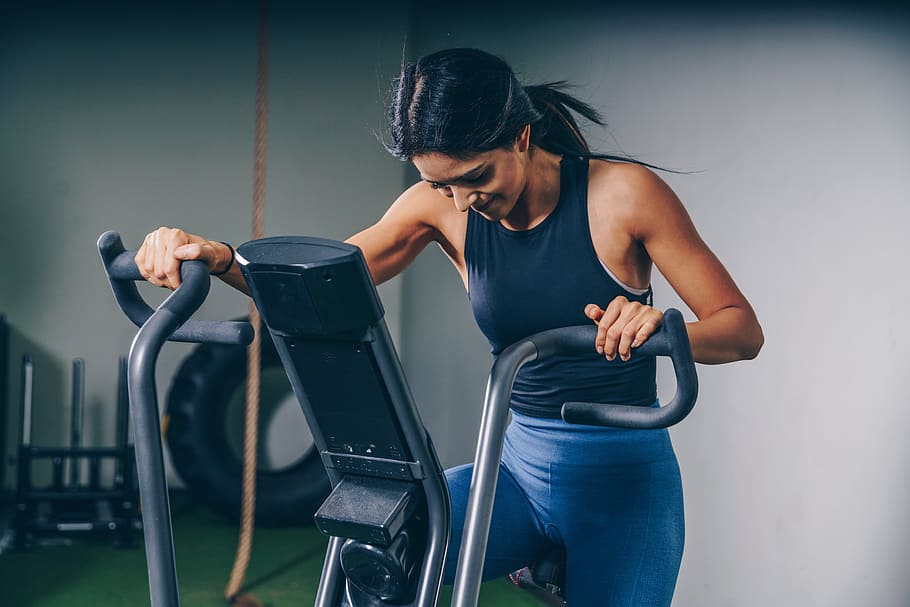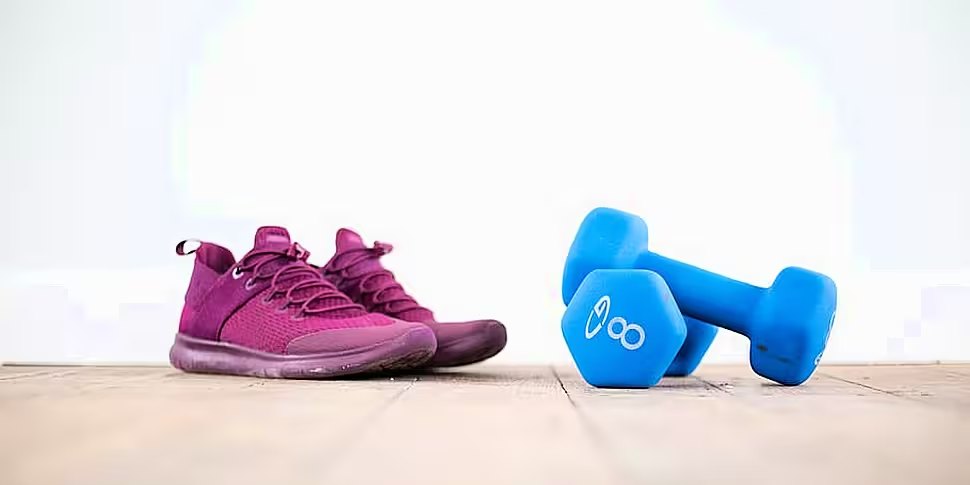There are small and consistent actions we can take to be healthy, according to Professor Niall Moyna.
The expert from the School of Health and Human Performance at DCU says it only takes minimal but regular activity to maintain a healthy lifestyle.
Prof Moyna is working on a campaign for Sport Ireland throughout the month of November to encourage men over 45 to exercise more.
Studies show that men over 45, particularly from disadvantaged communities, are the least likely to be active.
He told Alive and Kicking with Clare McKenna: "There is probably nothing more important to a human being than their health.
"For all of us, it's within our own power to be more aware of our health and to take ownership.
"In this country, one of the big issues we have is a lack of health literacy, a lack of understanding about what is needed for optimum health.
"People think you have to be an Olympian, if they just realised how little we have to do but to do it consistently, the benefits are phenomenal.
Prof Moyna said there are a number of reasons why men over 45 are less likely to be active than when they are younger.
He said: "Men are more likely to play sport into their 20s and 30s and then all of a sudden the competitive sports stop with young families, city life.
"And because they don't have that, a lot of men who play team sports, they get away from that environment and they've never really learned to exercise on their own.
"Obviously we're aware there's a very big socio-economic reason here, people from disadvantaged communities tend to exercise less than people from affluent backgrounds, and that's also a big problem."

Prof Moyna said that in the last decade, we have been "bombarded" with the benefits of living healthy lifestyles, and this has raised awareness among people, especially women.
He said: "Women take it on board more so than men and I think, unfortunately for women, they increase their fat mass much more than men do, they don't have the same muscle.
"At 30 years of age, you start to age, that's when ageing occurs, and prior to the age of 30, that's when we have to be depositing as much into our health bank account as we can.
"After 30, regardless if we exercise every day, we're going to lose our fitness over a 30 or 40 year period.
He added that we can have an impact on the way in which we lose our fitness.
He said: "People in their 40s don't realise, particularly if they're deconditioned or overweight, both men and women, they're heading towards frailty.
"What you do now in your 30s, 40s and 50s will have a tremendous impact on the way you age."
Four keys to fitness
Prof Moyna said he is "regularly asked" by people how fit they need to be which he said is akin to asking "how long is a piece of string".
He said: "The first thing you've got to say is fit for what? Because unfortunately people get confused between sport fitness and health fitness."
He outlined four different things we need to be aware of when considering our fitness to remain healthy.
He said: "The first is our body weight and composition.
"Do we have a gut or a belly? If you have a belly the likelihood is you have visceral fat and inflammation and you're increasing your risk for blood pressure and diabetes.
"The second one is muscular strength and endurance.
"The third is cardiovascular fitness, and that's the one that most people engage with, you're going out for a walk.
"But they forget they have to maintain an ideal body weight, they have to have proper muscular strength and endurance and flexibility."
Prof Moyna added: "To actually get that fitness and to maintain it, it doesn't take a lot of effort.
"If every person in Ireland spent about three minutes a day engaging in some form [of exercise], whether it's muscular strength or endurance, or whether it's going for a walk or working on their balance, that's all it takes.
"But it's doing it consistently over a long period of time."









